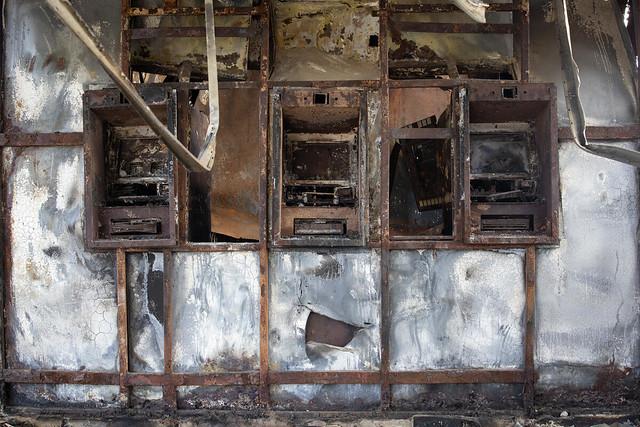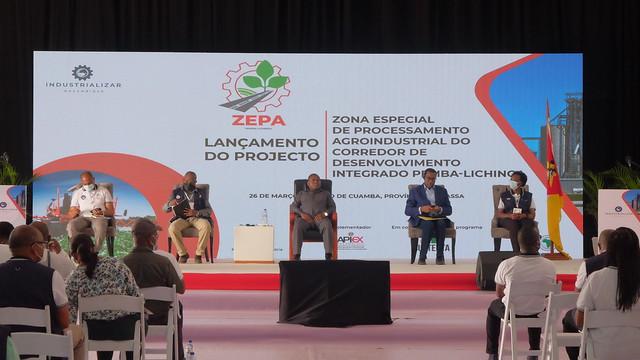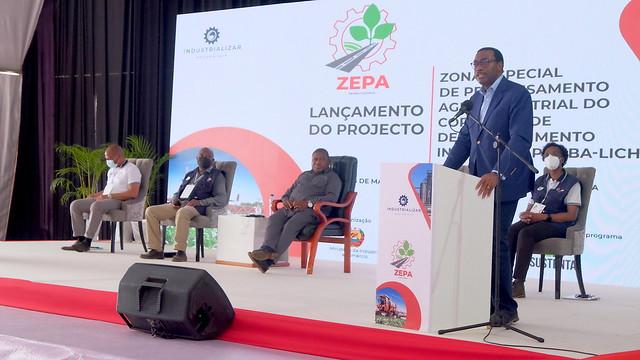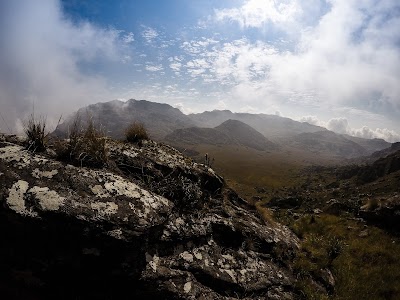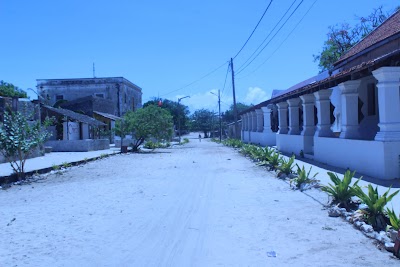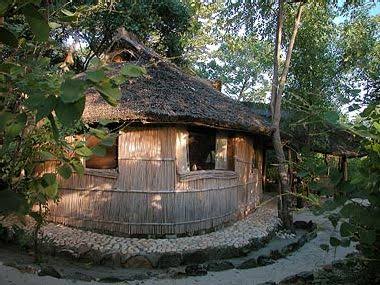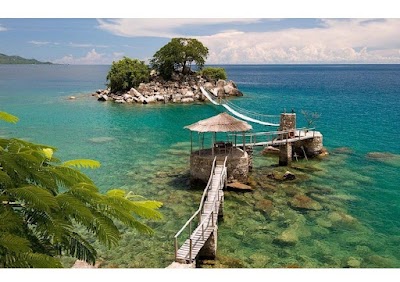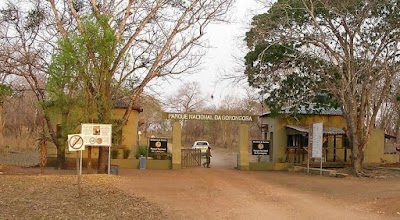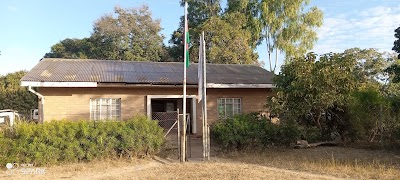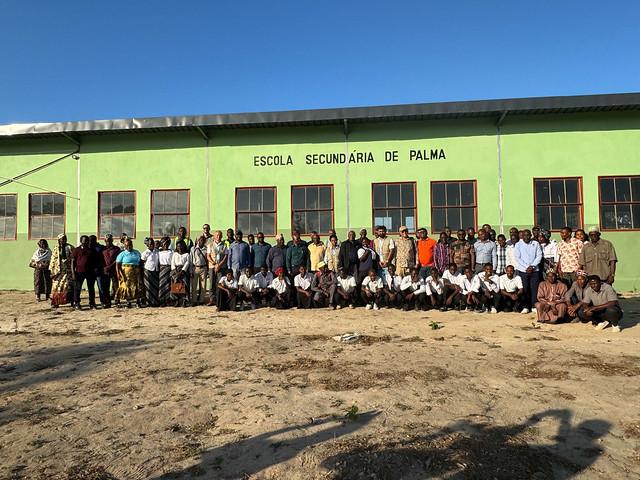Niassa Province
Overview
Niassa Province, located in the northwest of Mozambique, offers an authentic experience of Africa's untouched wilderness and vibrant cultural tapestry. It is the largest province in Mozambique but also one of the least populated, making it a perfect destination for those seeking solitude and a connection with nature. Niassa is distinguished by its vast landscapes that include miombo woodlands, rugged mountains, and the majestic Lake Niassa (also known as Lake Malawi), which it shares with neighboring Malawi and Tanzania. The local communities are predominantly of the Yao, Ngoni, and Makua ethnic groups, who are known for their rich cultural heritage, including traditional dances, music, and crafts, which are integral to the social fabric of Niassa.
The best time to visit Niassa Province is during the dry season, which runs from May to October. This period offers the most pleasant weather conditions - cooler temperatures and minimal rainfall - making it ideal for exploring the outdoors. Wildlife viewing in the Niassa Reserve, one of the largest protected areas in Africa, is particularly rewarding during these months as animals congregate around water sources. Adventure enthusiasts can engage in hiking expeditions in the mountains or enjoy kayaking and fishing on Lake Niassa. The clear skies and mild weather also provide perfect conditions for cultural festivals and community visits, where travelers can immerse themselves in the local traditions and lifestyle.
Before traveling to Niassa Province, several preparations are necessary to ensure a smooth and enjoyable experience. It is advisable to check visa requirements and ensure all travel documents are in order. Vaccinations may be required, particularly for diseases such as malaria and yellow fever; consulting a travel health clinic well in advance is recommended. Given the remote nature of many destinations within Niassa, packing should include items that may not be easily available locally, such as snacks, first aid supplies, and any specific medications. Additionally, learning a few basic phrases in Portuguese, which is the official language of Mozambique, or Swahili, commonly spoken in the northern regions, can greatly enhance interactions with local residents. Lastly, it's important to respect and adhere to local customs and traditions to foster positive engagements during your visit.
How It Becomes to This
History not available
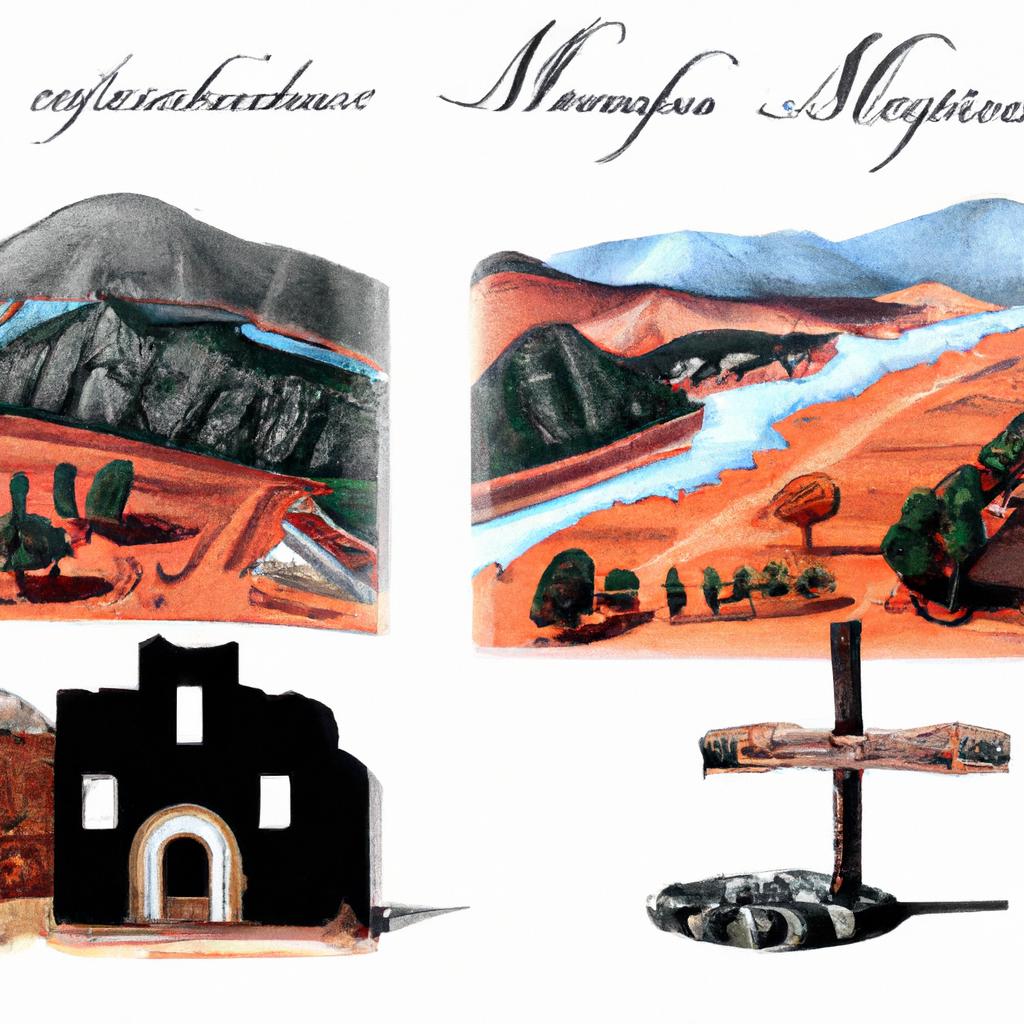
Places in Niassa Province
Explore the most popular attractions and landmarks
You May Like
Explore other interesting states in Mozambique
Discover More Area
Delve into more destinations within this state and uncover hidden gems.



